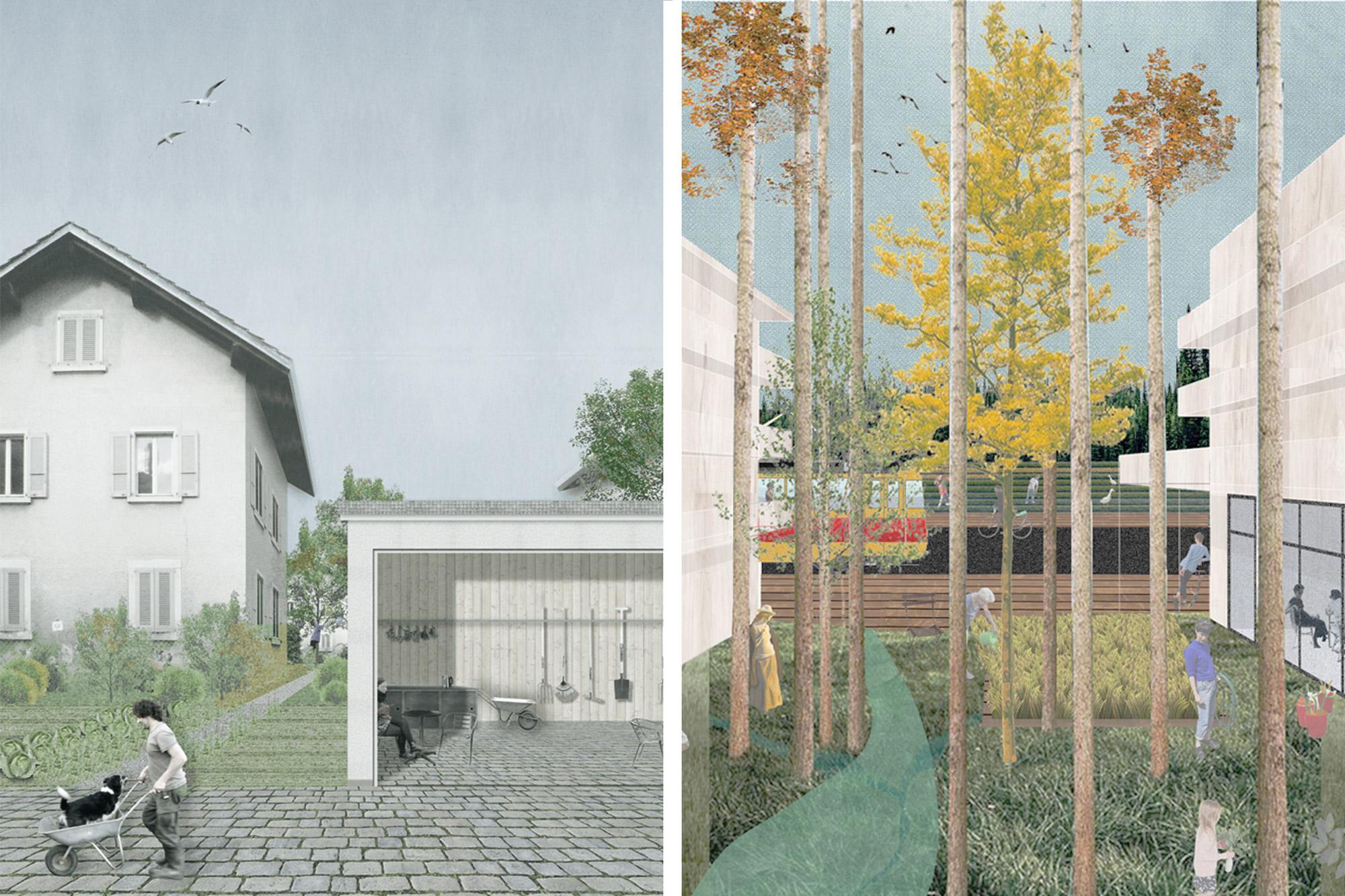81 pre-proposals submitted for NRP 81

81 pre-proposals were submitted for the National Research Programme "Baukultur" (NRP 81). The proposals are now being reviewed. By the end of June, the Steering Committee will invite a selection to submit a full project.
By the end of 2023, the SNSF published the calls of four National Research Programmes (NRP). Researchers have now submitted total 321 pre-proposals. Around 900 applicants are involved; an average of almost three per proposal, representing many different disciplines. These figures are an indication of the interdisciplinary orientation of the programmes.
81 pre-proposals were submitted for NRP 81. 192 applicants are involved, not counting the proposed project partnerships. The individual projects request an average funding of around CHF 550,000. 42% of applicants are female. With 44% and 37% of the applications, respectively, the Universities of Applied Sciences and the two Federal Institutes of Technology (ETH) make up a clear majority of applicants. This is not surprising given the subject matter. A large majority of applications involve combinations of scientific disciplines between architecture and spatial planning, social sciences, geography, and engineering.
Currently, the pre-proposals are in the review process. Each proposal is being assessed independently by three members of the evaluation panel. In this body, the Steering Committee is complemented by national and international experts from the relevant disciplines. The Steering Committee will then decide by the end of June which applicants will be invited to submit a full proposal by the beginning of September.
Full proposals will not only require a detailed research plan describing the project, but also consolidated partnerships with actors from practice and a proposition for specific implementation projects. The latter are evaluated in conjunction with the research projects. In a peer review process, external expert assessments will form the basis for the Steering Committee’s discussions. In addition, short interviews are expected to be carried out with the selected project teams.
Ultimately, the Steering Group will propose a selection of projects for funding to the National Research Council. This body will make the final funding decisions, to be expected by the end of 2024. The research phase is scheduled to begin in early 2025.